First I think I should introduce myself, though I’ll be posting an ‘introductory’ post soon enough. My name is Peter Adam Salomon, my debut novel HENRY FRANKS will be released in September 2012 by Flux. Due to the special nature of this week, celebrating the publication of Cynthia Levinson’s brilliant non-fiction release WE’VE GOT A JOB detailing the Birmingham Children’s March in 1963 I am cross-posting my interviews from my blog to EMU’s Debuts in order to continue the celebration.
My interviews over the past year have dealt with childhood hopes/dreams/aspirations and I have brought that viewpoint to these three very special subjects.
The story of how approximately 4,000 young people forced the City of Birmingham to desegregate in May 1963 is told through the voices and experiences of four young civil rights demonstrators. Dr. King’s strategy was to “fill the jails” with protesters, thus overwhelming the criminal justice system. When adults couldn’t do the job, children, literally, stepped forward, marching to jail in such numbers that they fulfilled their dreams of freedom.
Audrey Faye Hendricks was nine years old when she spent a week in jail. James Stewart, 15, was the first person out the door of the Sixteenth Street Baptist Church on the first day of the marches. Arnetta Streeter, also 15, was trained in the precepts and techniques of nonviolence—which she followed even when powerful water hoses washed her down the street. In retaliation, Washington Booker III threw rocks at the Birmingham police until he, too, decided to march peacefully, doing his part to fill the jails.
While writing WE’VE GOT A JOB, Cynthia interviewed all of them extensively. Wash and James have agreed to be interviewed yet again, by me to help promote the book.
But, we’ll start with the author, Cynthia Levinson.
PAS: What did you want to be when you grew up? Are you there yet?
CL: I wanted to be the Elephant Girl in the circus.
The roaming, free-spirited life-on-the-rails lured me. And, the image of wearing spangly costumes while an elephant lifted me on his trunk up to his broad, hairy back seemed the most glamorous and least dangerous job I could find there. Despite having thighs I would never expose to spangles, I’m getting surprisingly close. I like to travel, as often as possible by train. My work-in-progress is about the circus. I’ve even met someone who grew up with an Elephant Girl. Although I haven’t tried elephant-riding myself, I’m learning to juggle. That counts, right? Anyway, juggling’s as dangerous and as glamorous as I’m willing to get these days.
PAS : If you could talk to the 15-year-old Cynthia for five minutes, what would you tell yourself?
CL: That’s a tough question, Peter, because that’s the year my mother died.
I’d say to myself, “You won’t always be so sad, Cynthia. So, don’t hide or ignore how you feel. Because, when you do that, you might miss the happy feelings to come, too.”
Although I wasn’t mature enough before she died to observe how my mother mothered my older sister and me–she was a given, like the air I breathed—I know she affected subliminally the way I parented my own two daughters. She had an irreverent sense of humor, a composure, and dedication to her profession as a violinist—at a time when most mothers didn’t work—that inspired me. So, I would say to 15-year-old me, “Thank your mother.” I hope my children would want me to thank her.
Finally, I’d reassure my younger self that, “Eventually, it won’t matter that you’re not cool. Life will find its own level.”
By the way, pondering the question of whether “the 15-year-old Cynthia” is my former self or still myself led me to write an article for Odyssey Magazine on the philosophy of identity. It’s called “Knock, Knock.”
PAS: I can only imagine how much information and knowledge and research you sculpted into this wonderful book and, therefore, can only imagine that there were a large number of ‘things’ which just missed the cut to be included. What were the items which you found most difficult to finally decide not to include in the book?
CL: I love this question, Peter! Only a writer—a wonderful writer—could think to ask it because you know how much prose must be discarded on the cutting-room floor to produce a book that hums.
I’m a ponderously slow writer and not verbose. So, although Kathy (Landwehr, my inexhaustible editor) edited the heck out of the manuscript, she didn’t excise entire chapters or, even, sections. Mostly, sidebars bit the dust. Here are two—one serious, the other humorous—that didn’t survive, although I’ll post them on my website.
One of the themes of the book is Dr. King’s insistence on nonviolence. Despite the likelihood that civil rights demonstrators would be attacked, they couldn’t retaliate in any way; nor could they carry any item, including fingernail scissors, that could be construed as a weapon. Arnetta Streeter, one of the teenagers who picketed and marched in 1963 and who tells her story in WE’VE GOT A JOB, learned, “If you cannot be nonviolent, they cannot use you.”
I wondered where this precept came from. This is what I learned.
THE GENEALOGY OF NONVIOLENCE
The patriarchs of the nonviolence movement in 20th-century America were two ministers, Dr. Martin Luther King, Jr. and Reverend James Lawson. Both men studied the writings of Mohandas Gandhi, and both made pilgrimages to Gandhi’s ashram in India.
Lawson applauded the peaceful bus boycott that King led in Montgomery, Alabama in 1955-56. After he returned to America, Lawson taught workshops in nonviolence for King’s organization, the Southern Christian Leadership Conference, as well as at Fisk University in Nashville, Tennessee.
Among his students at Fisk were Bernard Lafayette, Dorothy Cotton, Diane Nash, and James Bevel. Their disciples, in turn, included Andrew Young, James Orange, Hosea Williams, Andrew Marrisett, and Tommy Wrenn—all of whom trained black youth, like Arnetta and the Peace Ponies, in the value and tactics of nonviolent protest.
Many of the people in this “genealogy” appear in the book.
Now, for the funny one. James, another of the teenaged marchers, who spent three days packed into a jail cell so crowded that the inmates had to take turns sleeping, told me this story:
“HOT SAUCE”
One of the inmates in James’ cell was a man, wearing a business suit, who got swept up in the mass arrests as he walked by Kelly Ingram Park on his way to work Thursday morning, May 2, 1963. Repulsed by the tasteless food, he asked a jailer, “Excuse me, do you think I could have some hot sauce?” Even the jailer laughed. The kids, not knowing his name, called him “Hot Sauce.” They’d say, “Hey, Hot Sauce, see if you can get us scotch and soda.”
Thanks, Peter, for inviting me to your blog.
More information on Cynthia can be found on her website HERE and, of course, WE’VE GOT A JOB is available everywhere.
But the incredibly in-depth and insightful answers from Cynthia is just ONE of the wonderful interviews I’d like to present today. It is an extraordinary pleasure and tremendous honor to have been given the chance to interview the following two people. Both of whom were an integral part of the history of the Civil Rights movement. I can not thank Cynthia enough for giving me this opportunity or James and Wash for being gracious enough to answer my ‘silly’ questions. I am very grateful.
Over the past year I have asked, as always, the same two questions of all the people who have been kind enough to let me interview them. But, and this was vital to understanding just how special these next two interviews were, every single person I’ve interviewed previously grew up after the Civil Rights movement. There was never a time when the people I had previously interviewed had to live as, literally, a ‘second-class citizen’ and, therefore, they had no limits on what dreams they could have had as a teenager. Wash and James, on the other hand, had a very different childhood. And their answers, despite the time and place they lived in, reflect the universality of the hopes and dreams of all teenagers.
As I said, I am very humbled, grateful, pleased and honored to have been given the chance to interview them both and I treasure the opportunity to share this with you.
For a true understanding of James and Wash please read the book, the very short bios included here are just a taste of the rich tapestry of their lives.
After the events of WE’VE GOT A JOB, James Stewart went to Case Western Reserve University. He was then drafted; after the Army, he returned to Birmingham where he worked in Health Services for Headstart. He’s very proud that he cofounded the state’s Sickle Cell Anemia Project for children. Most of his professional life has been in pharmaceuticals in Atlanta.
PAS: What were some of your hopes and dreams as a child? Did you get there?
JS: As a child the trauma of losing my older brother in a fire put a real damper on my hopes and dreams. That event, plus racial prejudice, created an environment where I struggled merely to survive. I knew that there was much more than just being a “Doctor, Lawyer, or Indian Chief”. I wanted to do something that was outside of the normal expectations of a Black professional career. Eventually, I began a career in the pharmaceutical industry, which was both challenging and rewarding.
PAS: If you could talk to the 15-year old James, what would you say to him?
JS: I would tell him to watch for more discrimination, but in a much more subtle manner. I would tell him to focus on improving himself and those around him through higher education and training…that he will have to be twice as good as his white counterpart in order to get a chance at the same opportunity. (Michael Jordan; Williams Sisters; Tiger Woods) I would tell him to prepare for opportunities that he cannot see, because success = preparation + opportunity. I would warn him of the severe backlash against affirmative action…that those in control of 100% of discriminatory practices in America would be very resistant to relinquishing even 10% of that control to minorities in the name of fairness. I would talk to him about forgiveness, which is the real key to his freedom…i.e. getting rid of the bitterness of racial prejudice against him and to seek peace through the Lord, Jesus Christ.
PAS: After the movement in 1963, how did things change in Birmingham?
I don’t know…I left and went to college at Case Western Reserve University in Cleveland, OH. My family remained in Birmingham. The main difference I noticed were the changes in access to public accommodations. However, due to the vast degree of separation between the races, not much changed in the neighborhoods because they remained all Black and all Caucasian.
PAS: You were part of the March on Washington- Did you think about making history at the time?
JS: People always ask that, not just about the March on Washington, but about the entire Civil Rights Movement in the early 60’s. The answer is absolutely not. I knew that the events were significant, but to think that they were historical and one day might be in books? No, there was too much focus on ‘the moment’ to think that way. For me, those thoughts occur in times of reflection. However, seeing and hearing Dr. Martin Luther King deliver such a powerful address to the nation was exhilarating and I knew that the March on Washington was a pivotal moment in the civil rights struggle. Little did I know that it would spark the kind of racial hatred that killed the 4 little girls in a church bombing just a few weeks later.
PAS: What are your views on the current state of race relations in America? Better or Not?
JS: I think that race relations have improved in this country on a whole, but there is still a lot of work to be done. Racial prejudice is deeply rooted in America and we have done a good job “cutting down the trees” but the roots still remain. If we don’t make an effort to eliminate those “prejudicial roots” and cultivate a society of honor and respect for all people and groups, we will see racial hatred make its way back into our society. A large part of this process involves understanding the truth about America’s history–both good and bad. The book, WE’VE GOT A JOB, is playing a role in shedding the light on the extent and severity of White oppression, which existed not too long ago. Hopefully all of us can learn from this horrendous time in our past so that we will never repeat it.
After the events in Birmingham, Washington (‘Wash’) Booker was in the Marines and fought in Vietnam. When he returned to Birmingham, he joined the Black Panthers, then directed a theater program, taught poetry, and became a political consultant. He now specializes in energy issues.
This interview with Wash is much different than every other interview I’ve posted for one other reason: it was done over the phone, not via email. So I was taking notes and trying to keep up with the wonderful stories Wash was sharing with me. it was a breath-taking interview that I can only hope to capture an echo of here. Any mistakes are, of course, mine.
PAS: What did you want to be when you grew up? Are you there yet?
WB: My dreams came true. I never thought of being anything other than a marine. I was raised on John Wayne movies. Even the dramas and comedies on tv–McHale’s Navy and others. From the time I was a boy I wanted to be a marine.
PAS: If you could talk to the 15-year-old Wash for five minutes, what would you tell yourself?
WB: You’re okay. You’re okay. Don’t worry about it. That’s what I would tell 15-year old me. It means so much to know: you’re okay. Most 15-year old boys need to know that, it’s a good thing.
PAS: After the children’s marches, how quickly did things change in Birmingham for you and your friends and family?
WB: Not noticeable that things were changing. Once in high school we drove to Jasper for a football game or something and on the way back we stopped at a KFC. They still had to serve us in the back and we ended up cussing them out before speeding away. The cops chased after us and charged us with reckless driving. Things were changing but in my world things were basically the same.
PAS: In the book you are quoted as saying ‘It’s just a blessing to have been there’ in reference to the children’s marches. Did you know, back then, while all of this was going on, how important what you were doing actually was? Were you thinking (was anyone thinking) ‘I’m a part of history’ and did you realize you were making history?
WB: No-not in the sense that I know now how important it was. It was a righteous calling, a just war. We knew we had God on our side. We knew the things that were wrong that we wanted to change. What we did? It opened doors for everyone.
PAS: Finally, how do you see the current state of race relations in America?
WB: It may sound strange but we’ve reached a point where economic and other things make race the last priority. We need to work together to survive. In some ways the more thing change the more they stay the same but I feel that times are better. There’s a greater understanding and greater tolerance between the races.
I can not recommend this book highly enough. WE’VE GOT A JOB exposes the reader to an almost forgotten chapter of the Civil Rights movement that deserves to be remembered. By shining a light on the Birmingham Children’s March, Cynthia Levinson has done the world a great service.
For extra fun: Everyone who leaves a comment this week on any of the EMU’s Debuts posts will receive a “I can be a hero, too!” badge and will also be entered into a drawing to win a signed copy of the book!! Everyone who answers Friday’s quiz correctly will also be entered into a (second) drawing to win a book! And, anyone who buys a copy of the book this week will receive a signed bookplate.





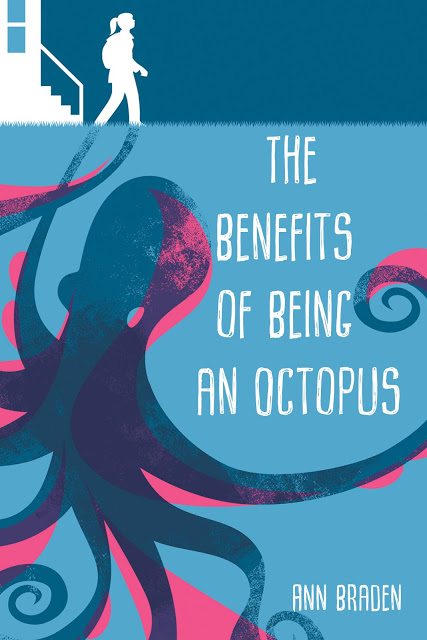

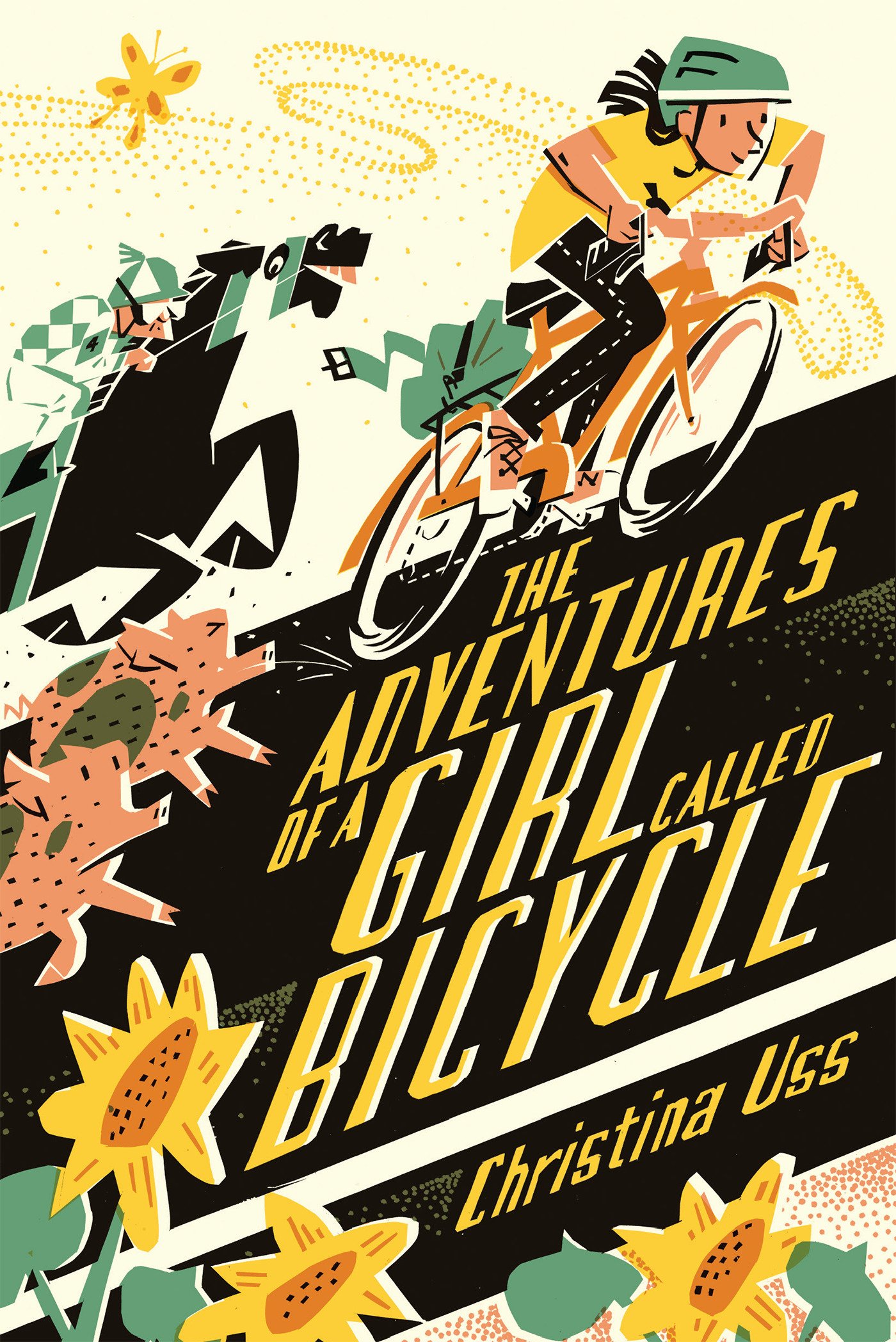






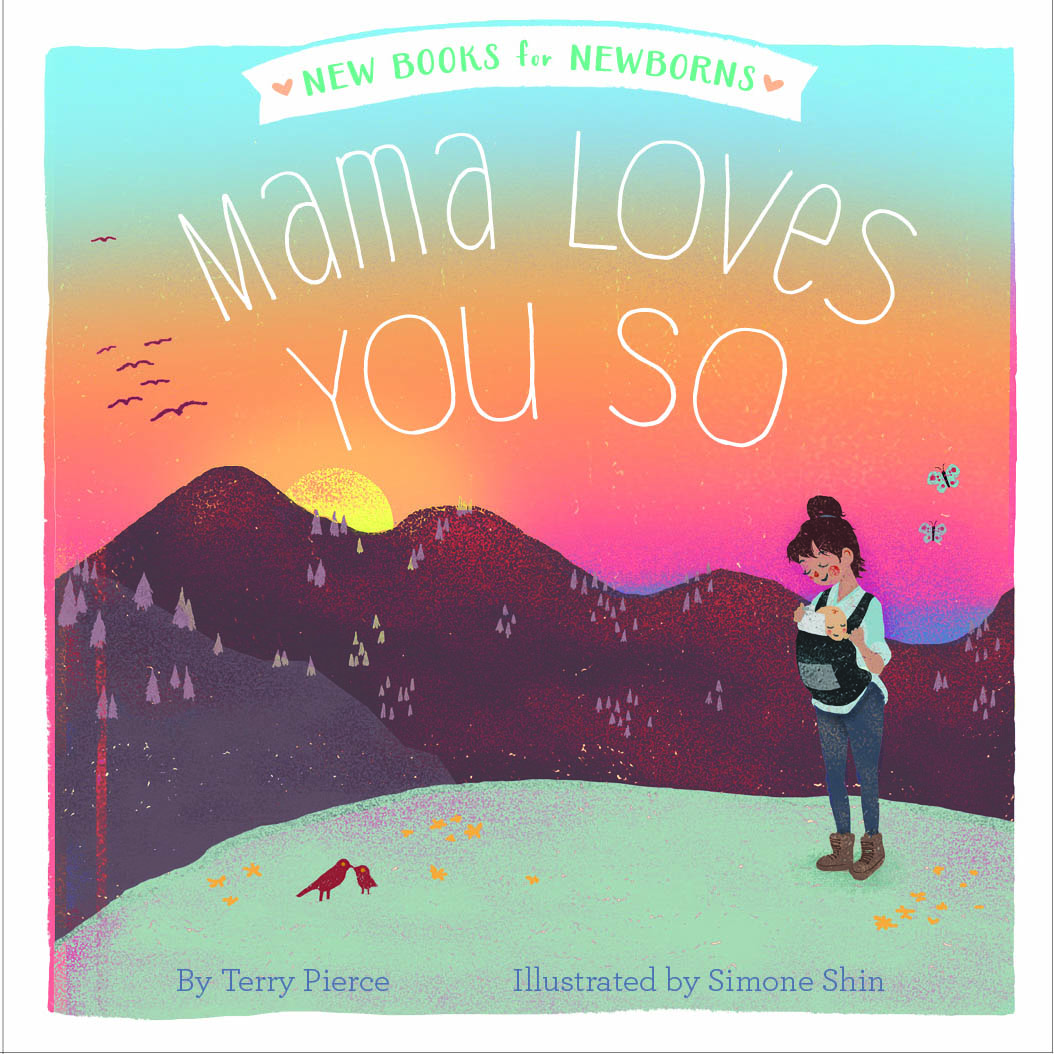
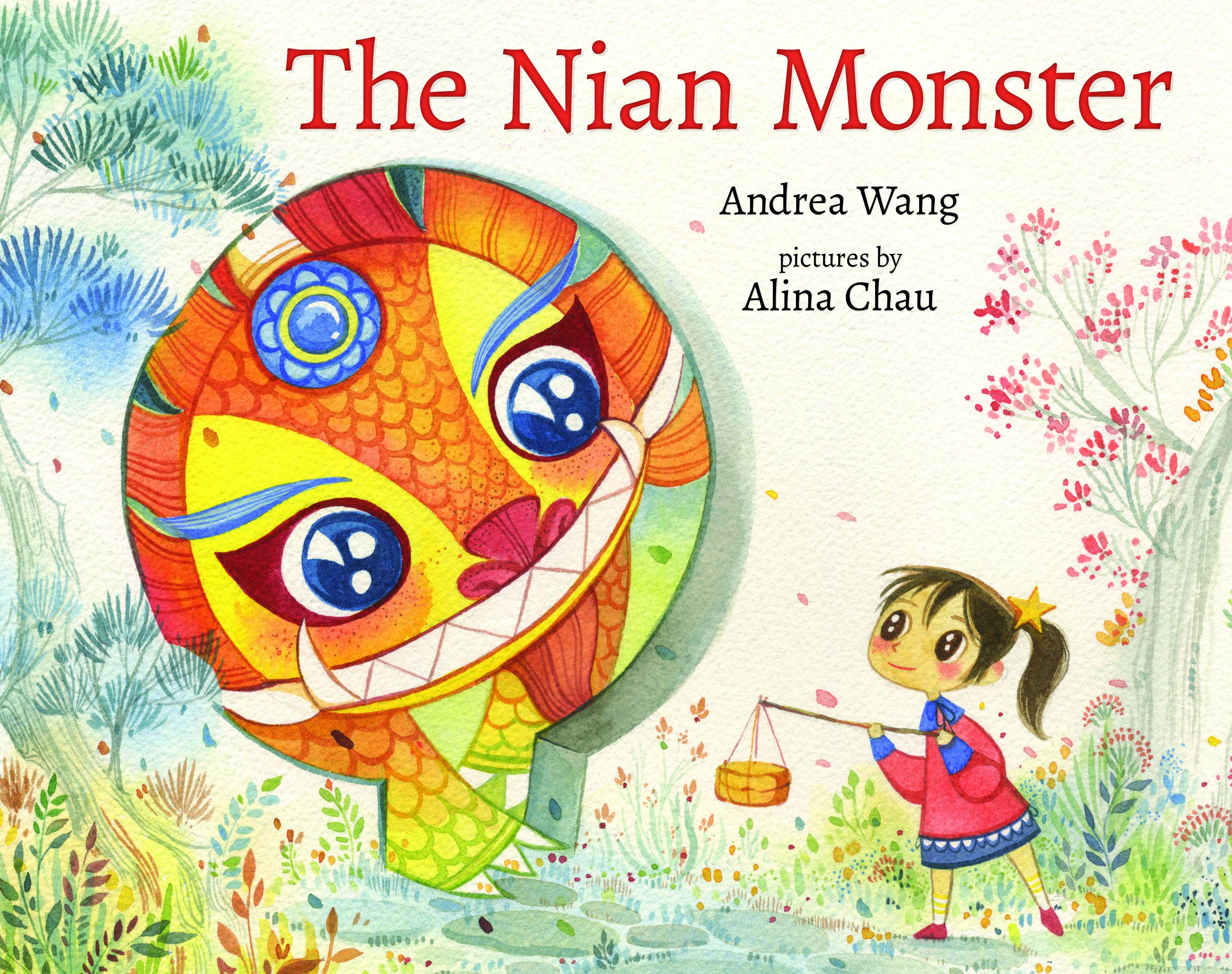
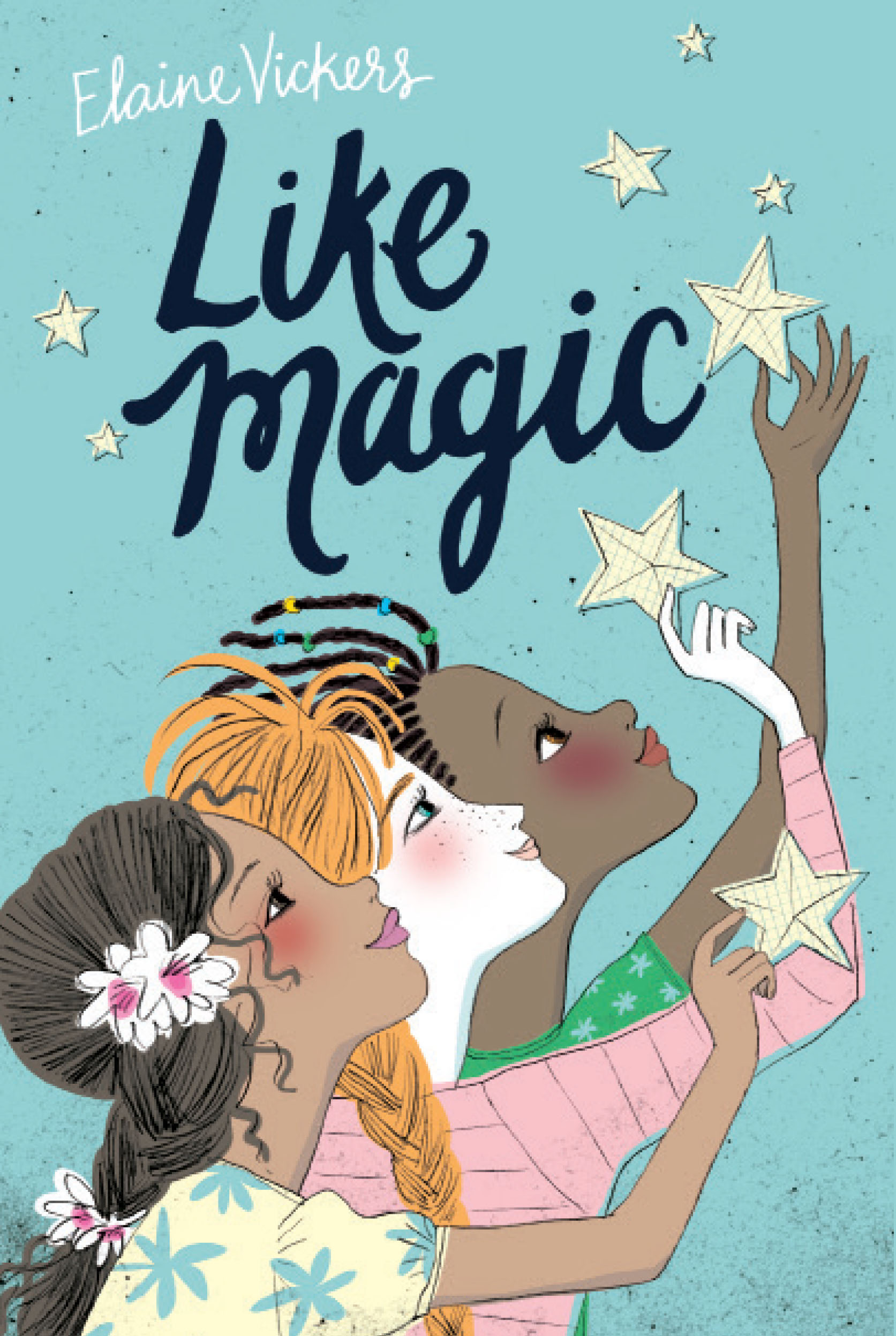
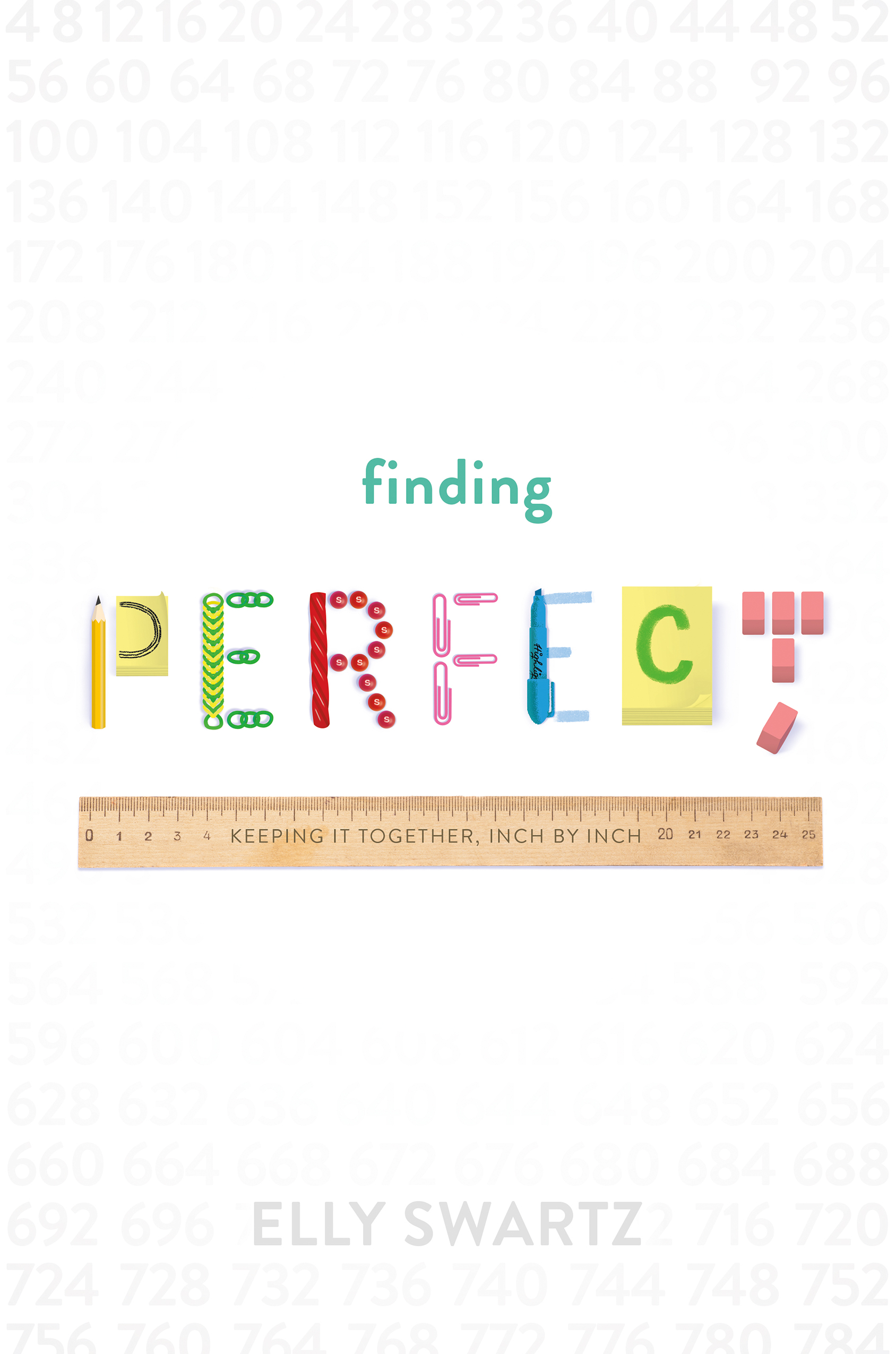
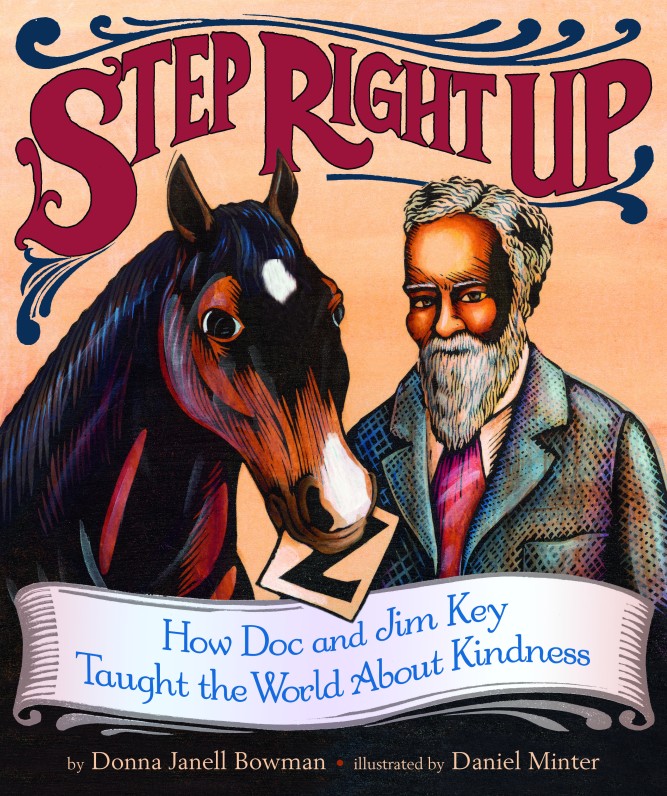
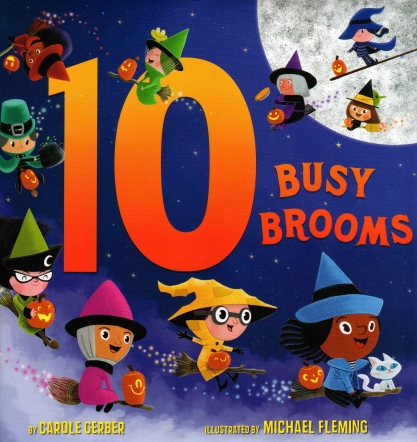
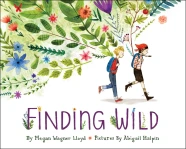
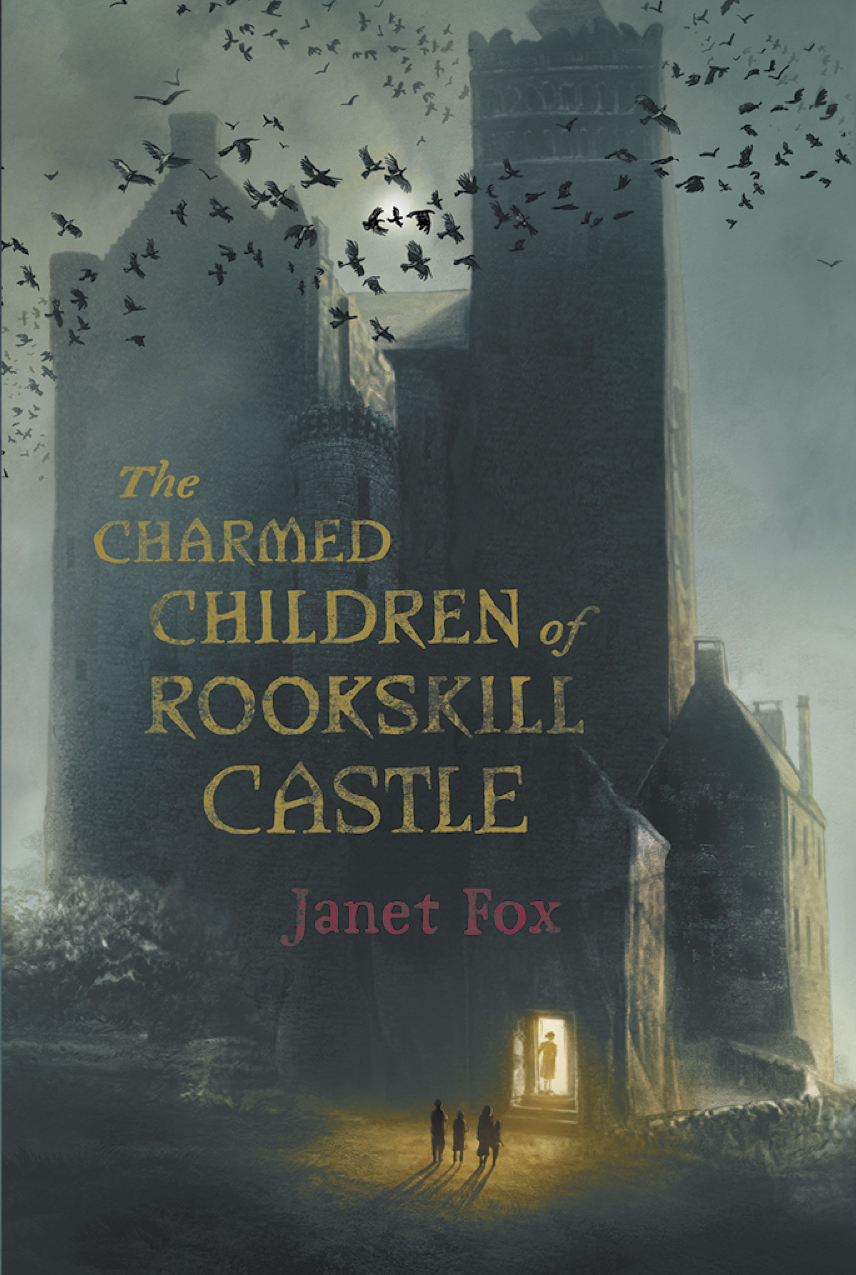
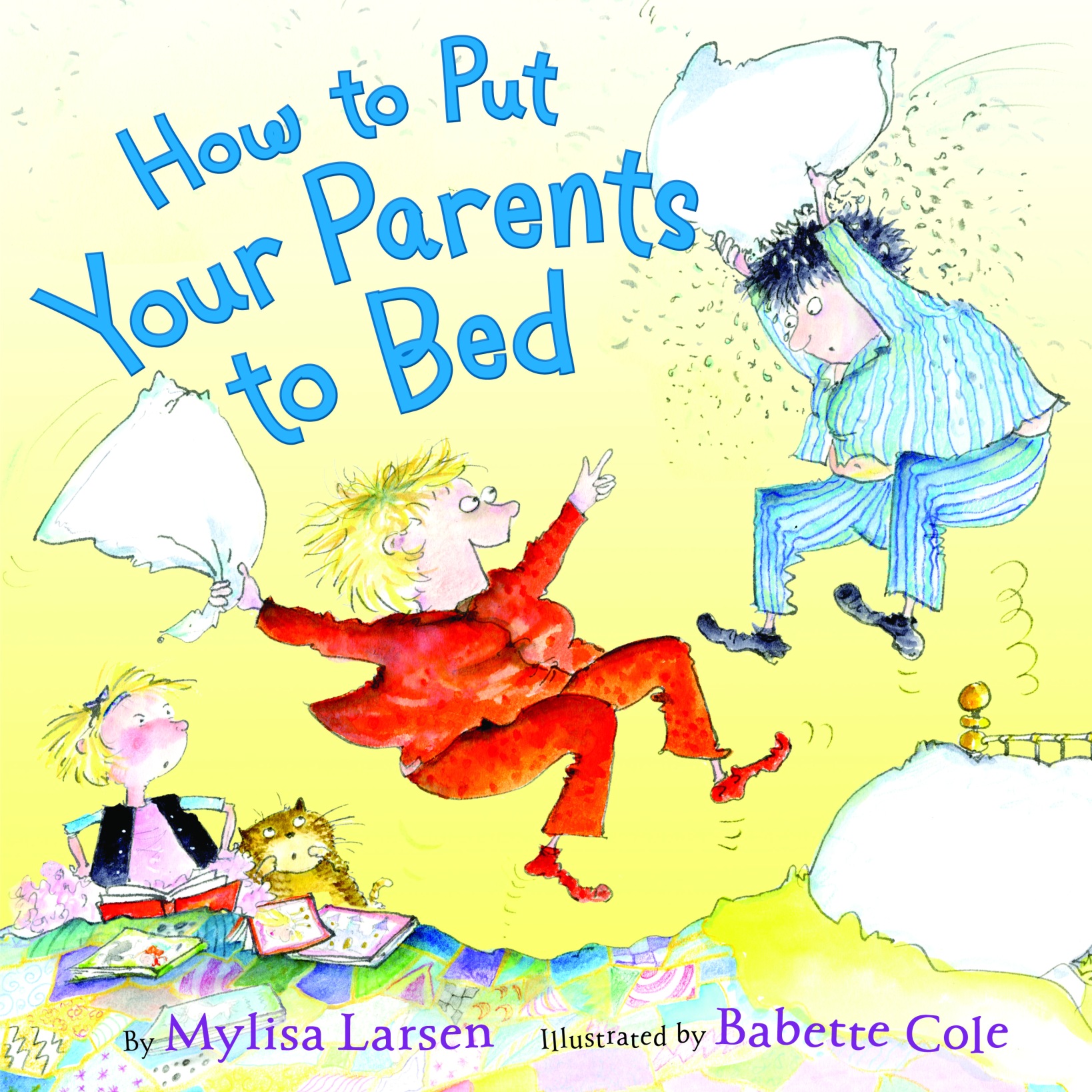



Peter, this is an amazing post. I hope many, many people take the chance to learn from James and Wash, who taught me so much about race then and now. Thank you for soliciting and sharing their insights and for your cogent remarks.
LikeLike
Thanks, you guys, for all the great posts this week. So inspiring and important — and so exciting for you Cynthia!
LikeLike
Thanks for stopping by, Liz. If you’d like to send me your address off-list, I’ll send you an “I can be a hero, too!” badge (well, a sticker). And, you are now officially entered into the drawing to win a free, signed book!
LikeLike
Congratulations Cynthia! This sounds like a must read – can’t wait to get my hands on it! Wonderful interview Peter – thanks for asking such insightful questions!
Cynthia are you doing a book tour?
LikeLike
I guess you could call three readings a book tour. I’m especially excited about a program at the Birmingham Public Library on Feb. 23 because James, Wash, and Arnetta will be there, too. On March 4, I’ll do a program at the George Washington Carver Museum in Austin. And, in April, I’ll be in Atlanta. Can you come?
If you’d like to send me your address off-list, I’ll send you an “I can be a hero, too!” badge (well, a sticker). And, you are now officially entered into the drawing to win a free, signed book!
LikeLike
I have chills from reading the grown-up James and Wash’s words!
LikeLike
Erin, I had chills in talking to them. Was a truly unique and special experience! Cynthia definitely deserves all of the accolades!
LikeLike
They were so candid with me that sometimes I was afraid to ask for details. When James said something like (yeah, OK, I could check my transcript for the exact quote but here’s the gist of it), “The jails…the conditions in the jails were deplorable,” it was weeks before I could call him back.
LikeLike
This was wonderful! Cynthia, I’m so proud of you. And Peter — wow!!!
LikeLike
Didn’t Peter write an amazing post?!
LikeLike
Great interview! Both sad and lovely (in different ways) that this history is recent enough we can hear from and follow up with first-hand participants rather than relying on written accounts of what people thought was important at the time.
LikeLike
That is sadly, ironic, Heather, isn’t it? Good point.
LikeLike
Yes, what an amazing post! Thanks to Peter, Cynthia, James, and Wash for putting it together. Wow, indeed!
LikeLike
Yes, I learned stories about Wash and James I’d never heard before–and I thought I’d heard it all.
LikeLike